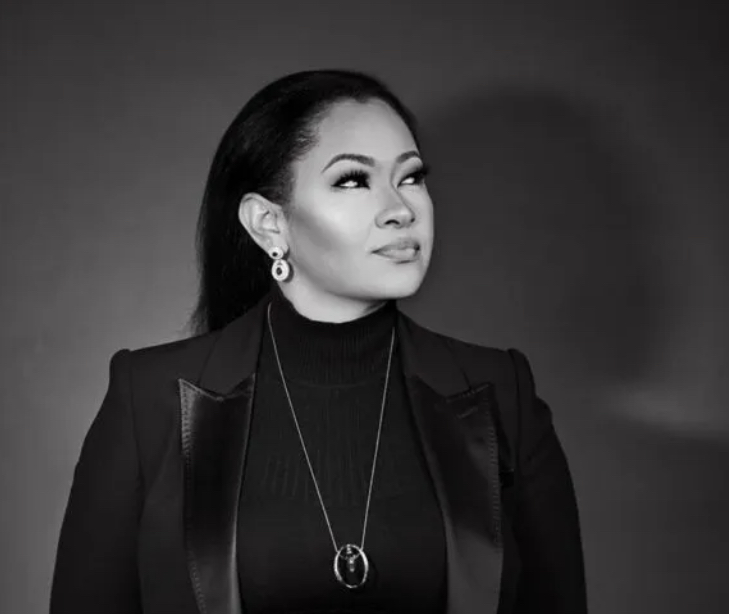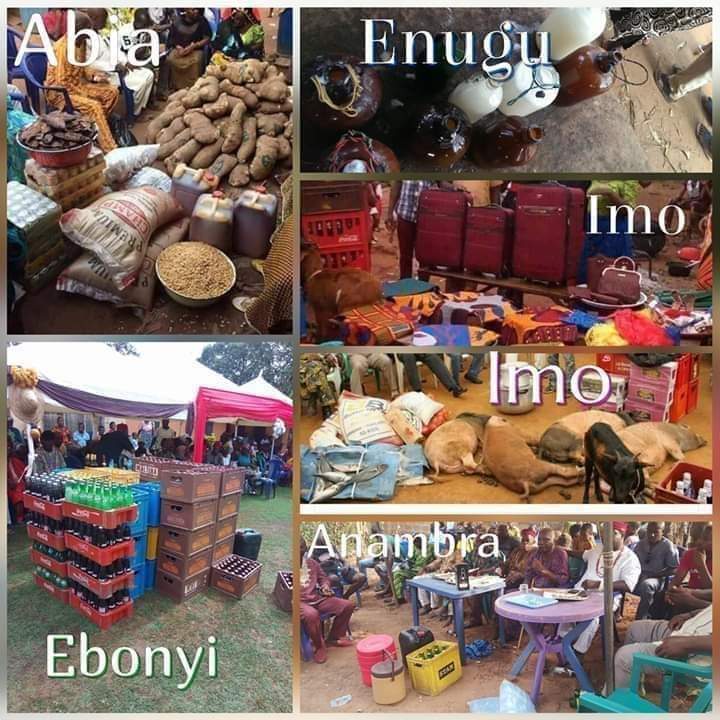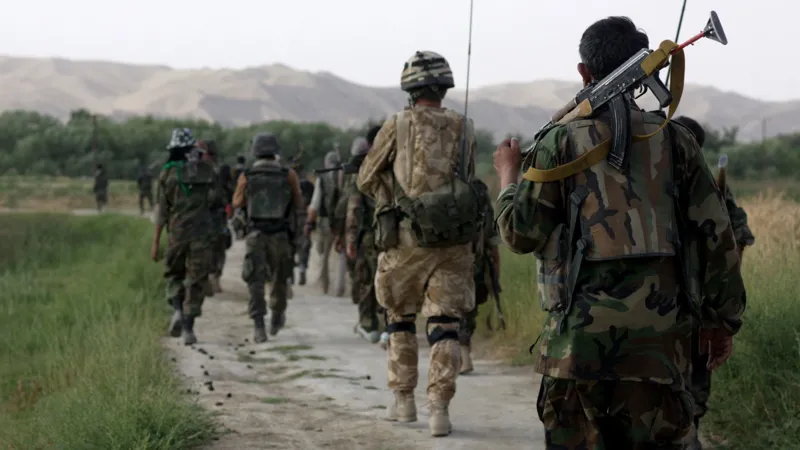The perception that the Nigerian Constitution favors the bourgeoisie, or the wealthy class, over the general populace stems from systemic issues within the country’s political and economic frameworks. While the Constitution theoretically guarantees equality and rights for all citizens, the realities of governance and socio-economic disparities often reveal a different story.
Firstly, the high costs associated with political participation—including campaign financing, legal fees, and the resources required to run for office—create barriers that disproportionately affect the lower and middle classes. This economic hurdle often results in the election of candidates from affluent backgrounds, who are more likely to secure funding and resources necessary for successful campaigns. Consequently, the political landscape is dominated by individuals who prioritize the interests of the bourgeoisie, inadvertently sidelining the needs and aspirations of the broader population.
Moreover, the influence of money in politics cannot be overlooked. Wealthy individuals and corporations often engage in lobbying and campaign financing, which can lead to policies that favor their interests rather than those of the general public. This creates a governance system where the needs of the elite are prioritized, perpetuating inequality and disenfranchising the less privileged.
Additionally, socioeconomic stratification in Nigeria is exacerbated by issues such as corruption and lack of access to quality education and healthcare. These factors limit opportunities for social mobility and civic engagement, further entrenching the power of the bourgeoisie.
To address these inequalities, Nigeria needs structural reforms that include campaign finance reform, increased access to education, and the strengthening of institutions that promote accountability and transparency. By creating an environment where all citizens can genuinely participate in the political process, Nigeria can work towards realizing the constitutional promise of equality for all. We will definitely need reforms in other to have a better Nigeria.
Or restructuring because we don’t know what is going on with our political system.








